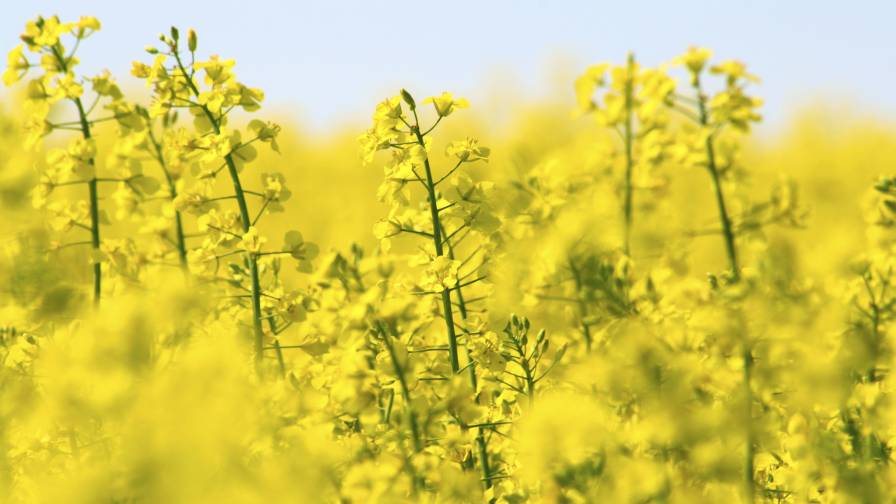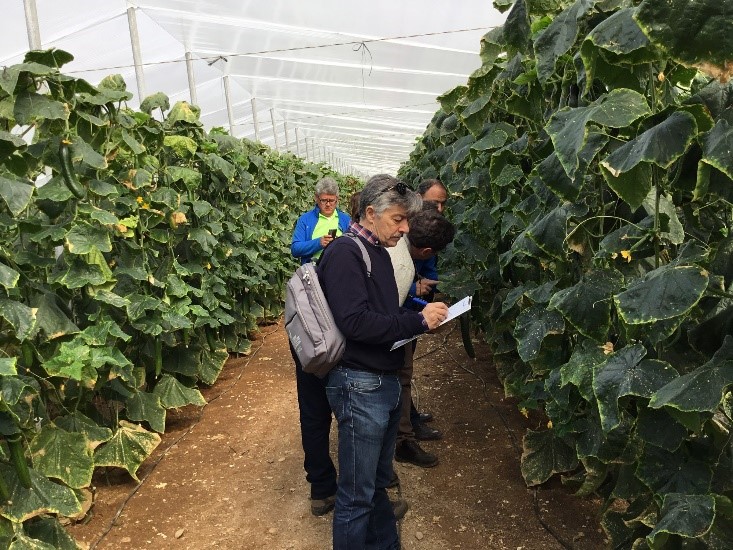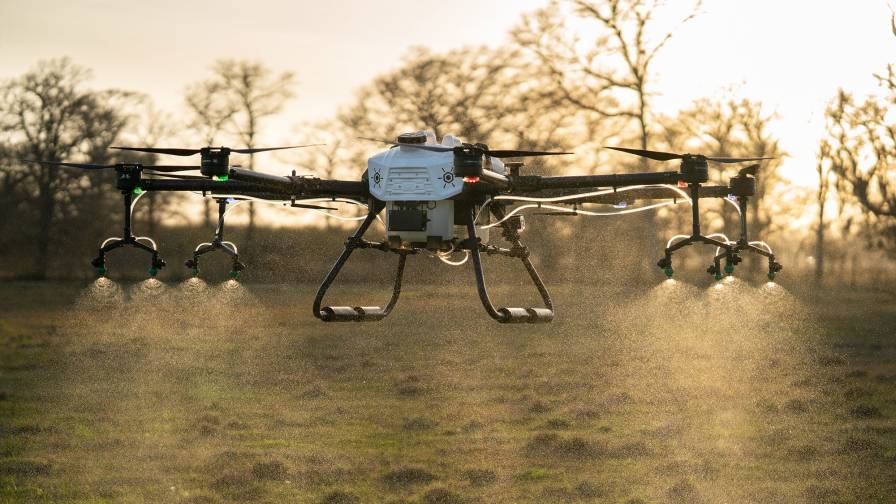How Mosaic Biosciences Is ‘Bridging the Knowledge Gap’ for Biologicals
As the biologicals market continues to expand globally, companies are pioneering efforts to bring scientifically validated, effective solutions to growers worldwide. AgriBusiness Global caught up with Matt Sowder, Director of Field Solutions at Mosaic Biosciences, to talk about what it takes to get growers to put their trust in new products.
ABG: Can you elaborate on the strategies you’re implementing to ensure that customers can trust the efficacy of these products?
Matt Sowder: At Mosaic, we understand that the biologicals market is relatively new for many growers, who may have concerns about the consistency and performance of these products. To address this, we’ve invested significantly in rigorous testing and validation protocols that not only meet but exceed industry standards.
Our approach involves a dual-layer strategy. First, we rely on an extensive program of scientific research conducted in our labs and in the field, working with both university and independent research partners. These studies allow us to measure and prove the real-world benefits of each product before it ever reaches the market.
Second, we conduct comprehensive field trials across diverse geographies and environmental conditions to ensure our biologicals can deliver reliable, measurable results that growers can count on season after season. This approach enables us to provide a solid foundation of performance data, showing growers exactly how our products can contribute to healthier crops and improved yields. We believe that by offering science-backed, data-driven solutions, we’re able to build trust and confidence in our biological products among farmers, retailers, and the agricultural community at large.
ABG: What steps is Mosaic taking to improve communication with farmers and ag retailers about these products?
MS: Effective communication is essential to demystifying biologicals and bridging the knowledge gap that can exist around these products. Biologicals, unlike traditional inputs, often require more explanation — how they work, the role they play in a larger agronomic strategy, and their long-term benefits for soil health and sustainability. To address this, we’re developing a comprehensive communication plan that’s tailored to both farmers and ag retailers.
We’re prioritizing clear, straightforward messaging that educates rather than complicates. This includes creating informative materials that break down the science behind our biologicals in an accessible way. [We are] demonstrating how they contribute to crop health, yield stability, and even environmental benefits.
We’re also enhancing our outreach efforts by engaging in more direct conversations with farmers and retailers. This includes hands-on demonstrations, field days, and one-on-one consultations, where we can explain product benefits and answer questions in real-time.
Additionally, we’re expanding our educational resources, including online content, videos, and interactive tools that allow growers to explore how biologicals can work specifically within their crop systems. Through these combined efforts, we aim to not only build awareness but also establish trust in the role that biologicals can play in creating a more resilient and sustainable agriculture ecosystem.
ABG: How does Mosaic’s approach to biologicals differentiate your offerings from competitors in the market?
MS: What truly sets Mosaic apart in the biologicals space is our commitment to scientific rigor and quality standards that we apply across all our products, whether traditional fertilizers or innovative biologicals. Many in the market may view biologicals as supplementary or even niche products, but at Mosaic, we hold them to the same high standards as any of our core inputs. This means that every biological product we develop and offer undergoes extensive scientific analysis and field validation, ensuring it meets the demands of modern agriculture.
By treating biologicals with the same level of scientific scrutiny as our traditional fertilizers, we’re able to provide farmers with products that are both effective and reliable. We recognize that growers don’t want experimental products—they want solutions that are proven to work. Our commitment to research-backed products assures our customers that they’re investing in tools that have a measurable, positive impact on their crops.
ABG: What feedback are you receiving from customers, and how is it shaping future product development?
MS: The feedback we’re receiving from farmers has been overwhelmingly positive, especially around products like Biopath and Powercoat, which are designed to enhance plant resilience and improve yield outcomes. Growers have shared that these biologicals are not only complementing their traditional inputs but also contributing to increased crop resilience and visible yield improvements. This type of feedback is invaluable, as it confirms that our products are making a real impact in the field and helps us to understand how they’re being utilized within different crop systems.
We actively gather this input and use it to inform our future product development. For instance, growers often share insights into specific crop types or environmental conditions where they’ve seen the most success, which helps us fine-tune our formulations to better meet their needs. We’re constantly exploring ways to enhance our existing products and develop new ones that align with the evolving challenges and opportunities in agriculture. This customer-centric approach ensures that our product pipeline remains responsive and relevant, directly shaped by the real-world experiences of the farmers who rely on our solutions.
ABG: What sort of instruction do you provide to growers for how to incorporate these products into their farming practices?
MS: Biologicals represent a powerful tool within an integrated agronomic approach, but it’s essential for growers to carefully consider how they incorporate these products to maximize their benefits. When deciding to integrate biologicals, growers should evaluate several key factors, including soil health, crop type, climate conditions, and any existing pest pressures. Biologicals are most effective when they’re used to complement traditional inputs rather than replace them.
We encourage growers to begin with a targeted application strategy, focusing on specific crop goals and environmental conditions where they believe biologicals can make the greatest impact. For instance, in fields where soil health needs improvement or pest pressure is a concern, biologicals can enhance crop resilience and yield stability. Additionally, incorporating biologicals as part of a long-term strategy can help to build soil health and contribute to sustainable field productivity over time.
Our goal is to support farmers in finding the right balance — using biologicals in a way that aligns with their existing practices while enhancing the overall resilience and sustainability of their operations. By integrating biologicals thoughtfully, growers can often see enhanced crop performance, reduced environmental impact, and a more sustainable foundation for their fields for years to come.






